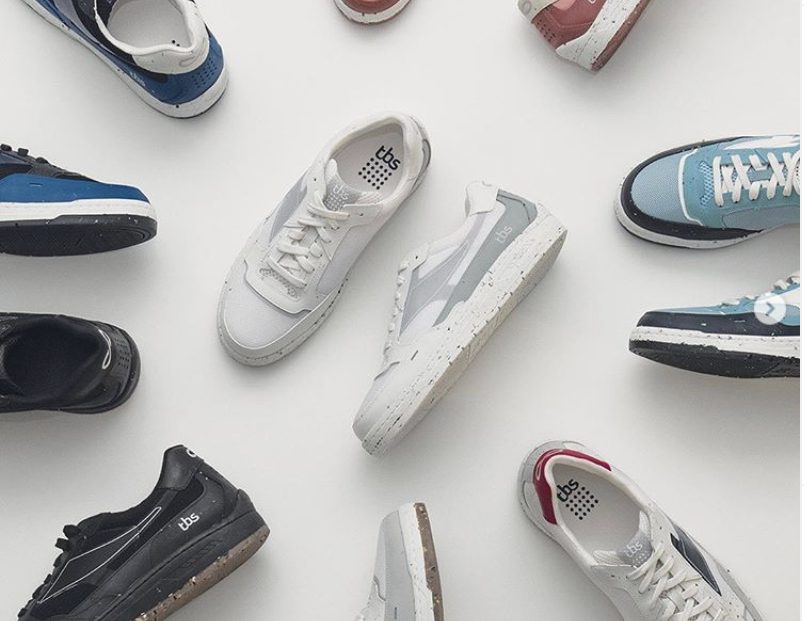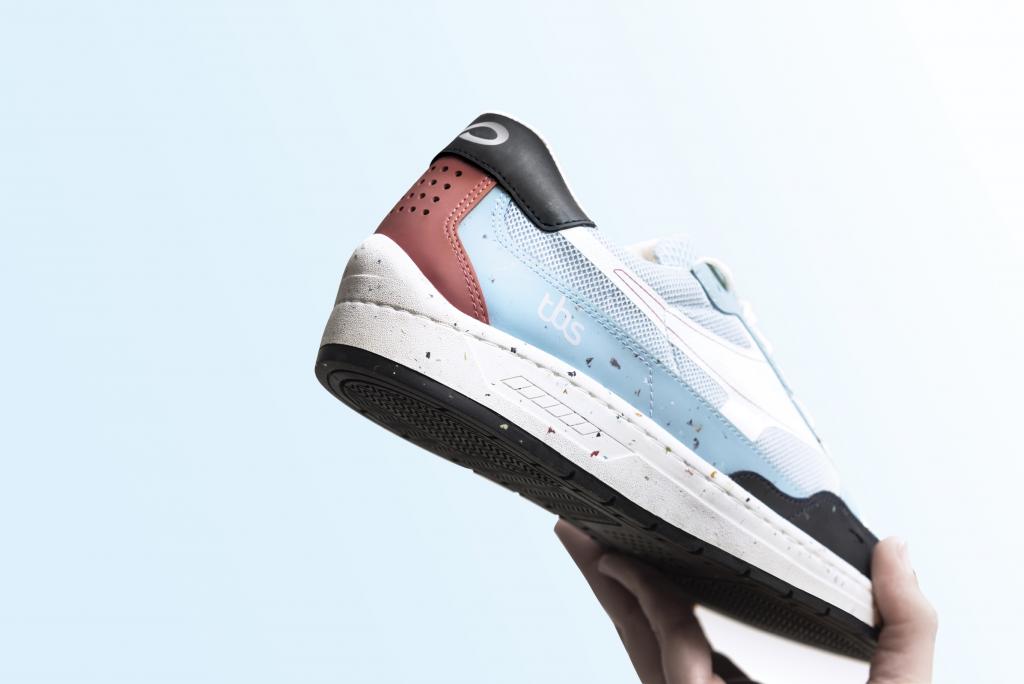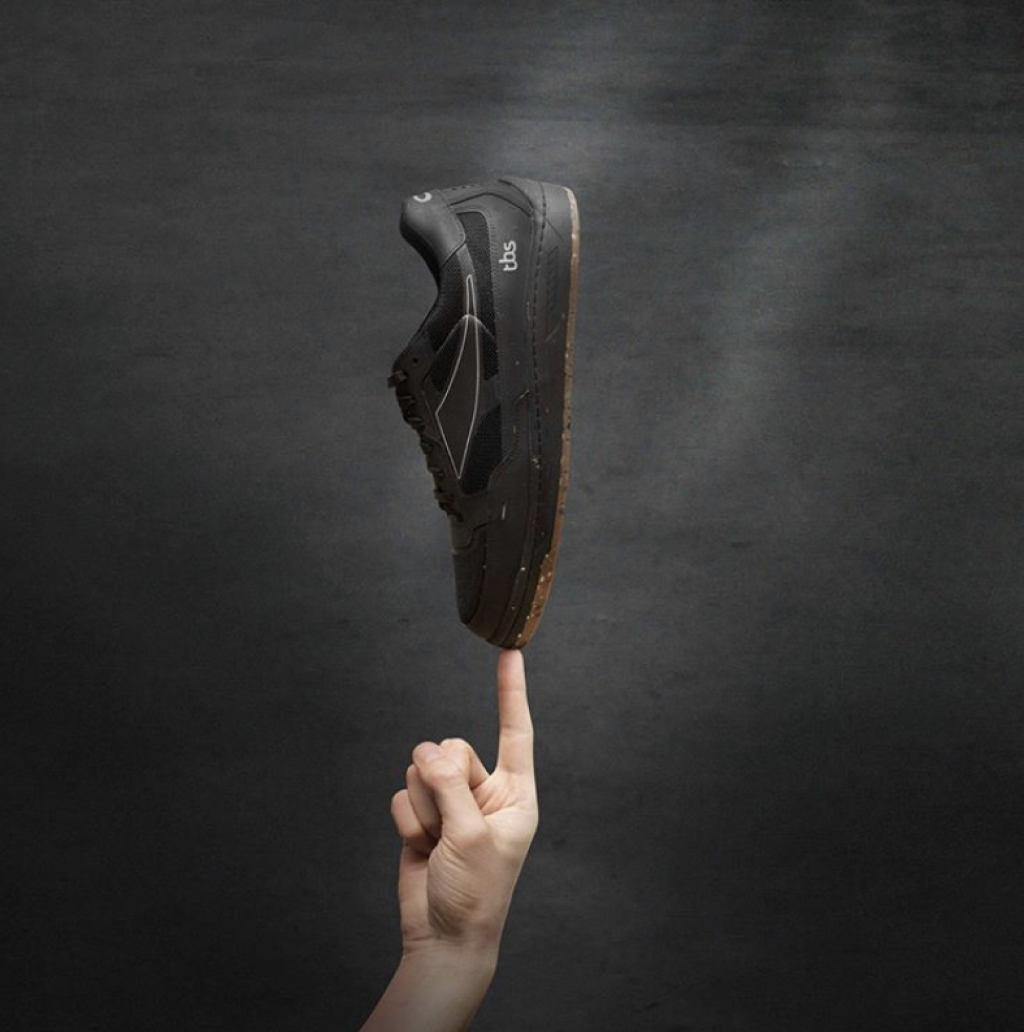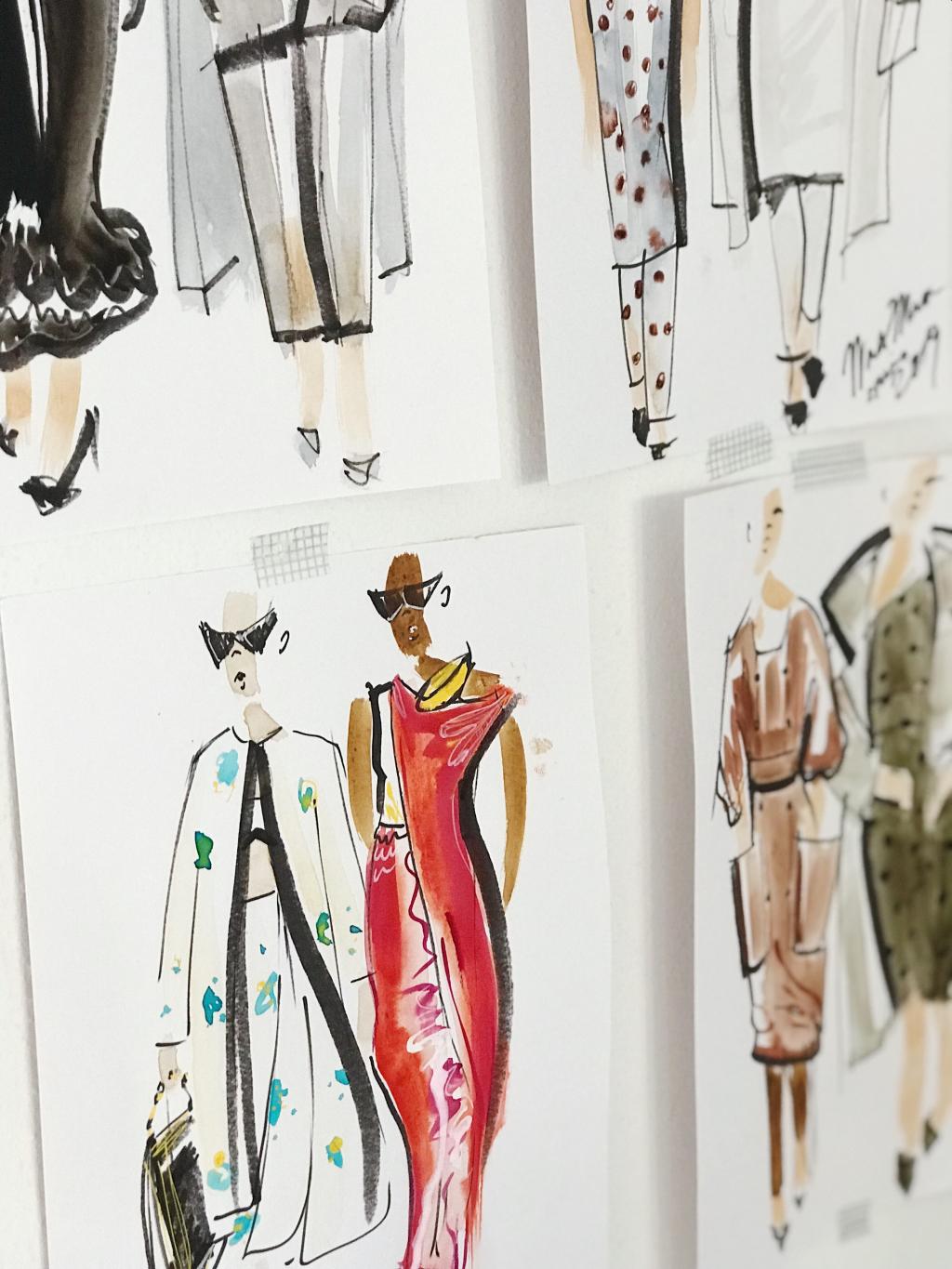
Can you briefly describe your approach?
We created “vegan” footwear made from 70% recycled materials, that customers can return to the shop in exchange for a voucher which can be used for a new pair. The pair that has been returned is recycled: shredded and melted down as is (i.e. without prior disassembly) then entirely transformed into soles and rubber parts that make up the shoe upper.


What working method did you use? What were its different stages?
For several years now, TBS has been working on footwear that is truly eco-designed and environmentally-friendly, but without this being successful. In January 2019 one of our partners in Portugal showed me a sole made from recycled rubber. I then had the idea to go a step further and manufacture footwear made out of recycled rubber. My first prototype was ready a few days later. A month later, the designer had created a model.
In May 2019 we presented it to sales teams and at various trade fairs, notably the Who's Next Impact, and officially launched it in September 2019. At the same time, by installing used footwear collection bins, we raised awareness about recycling amongst our clients. This collection operation generated a source of rubber. Our partners disassembled the footwear and isolated the leather from the rubber components for recycling. In January 2020 the eco-designed RESOURCE model was in the shops.
Did you encounter any obstacles? And if so, which ones?
First, it was necessary to win the support of both the company’s stakeholders and consumers, particularly in regards to the visible presence of coloured granules embedded in the sole, traces of recycled products that did not melt down. We then experienced technical difficulties and our partners had to be able to adapt.
Indeed, compared to leather, recycled rubber is sticky and less easy to sew. It is also more expensive. It takes longer to manufacture this footwear than other types, which has led to delays in delivery. Lastly, our sales teams had to deliver the message, had to oversee RESOURCE storytelling and uphold the brand’s commitments. Even if the appeal for environmentally-friendly projects is high, buyers and sellers are not yet used to this type of product.
What were the levers for success?
Technically, our two partners in Portugal (one manufactures rubber soles and parts and the other assembles them) were won over by the project and were highly responsive in developing it and found solutions. Internally, both TBS and Groupe Eram management supported the project. Everything was therefore possible and speeded up the project’s implementation.
Lastly, the positive response that the product received in trade fairs and social networks, and its presence next to Nike and Salomon footwear amongst the latest trends identified by WGSM, enabled us to draw the attention of younger consumers, who are receptive to eco-design. This is an important economic lever.
Are you looking at ways to improve?
For the 2020 spring/summer collection we had one RESOURCE model (4 references for men and 3 for women). Another one was planned for winter 2020 and another two for the summer of 2021 for other product categories.
Our current footwear contains 70% recycled materials. Our goal is that by the 2021s summer this will be 100%, while aiming to maximize the product's end of life recyclability. We’re working on numerous core themes within our approach and we’re also working on footwear based on eco-designed materials other than rubber.
Thank you Laurent Merceron, R&D Manager, Design Office at TBS.
Contact (service marketing et communication) : alecalve@tbs.fr










